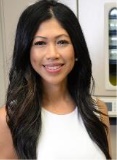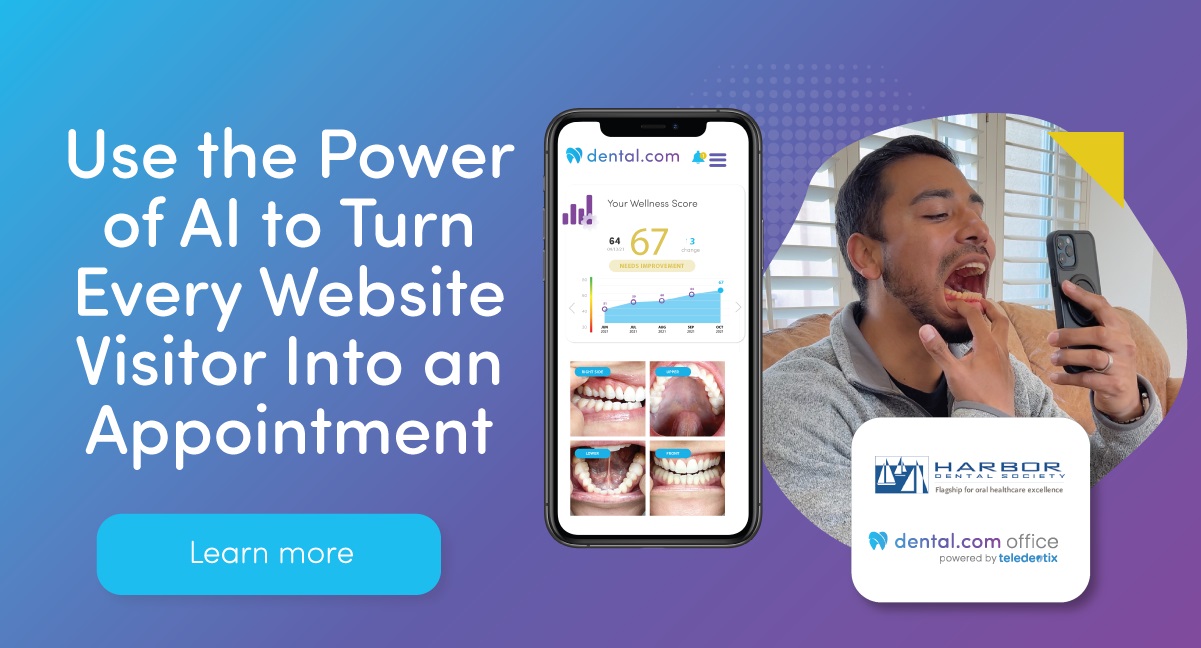Monday, Feb 1, 2021

Dental Practice Operations: Re-Imagined.
How COVID-19 May Change the Front Desk Role and the Use of Remote, Specialized Teams
by Christine Sison, BA, MS, CEO of Swiss Monkey
As the dental industry re-emerges from COVID-19 and with social distancing measures in effect, dental practices are looking for ways to become more efficient. The concept of using remote or virtual teams for traditionally in-office tasks is not only appealing, but in some cases may become a necessity.
Why now?
The cost of dentistry just got more expensive. To deliver the same procedure is now going to cost practice owners more as new PPE and safety precautions become the new norm. In addition, some offices are likely to see fewer patients due to new protocols between appointments. While sharing the cost between the practice, patients and insurance carriers is ideal, the reality is uncertain. Many practices have contractual obligations with insurance that “disallow” additional fees to patients and there is no assurance reimbursement will increase. Further, many practices may fear the patient response to passing on these costs.
The current climate is forcing practices to re-imagine how everyday dental tasks are done and what cost containment measures they can take. For example, how does a practice continue to do accounts receivable and billing when shelter-in-place is in effect? How does the simple activity of delivering treatment plans in a small consult room change in a social distancing climate? New practice and business models will need to emerge to adapt to the changing times.
What are the benefits of remote and specialized teams?
The use of remote, specialized teams or virtual front desk services have multiple benefits.
- It can reduce the number of people physically needed in the office. This is ideal as offices need to comply with social distancing guidelines now – and possibly in the future.
- When you outsource certain tasks, an in-office team can focus on revenue generating work like effective treatment planning and scheduling to goal. What work can be done better if you give your team more time?
- There is a tremendous benefit to the patient experience. Team members can now provide undivided attention to a patient vs. trying to do things that do not need to happen in the office. This becomes especially important during a time where patients want to feel that additional sense of safety and attention from their dental provider.
- From a business perspective, outsourcing reduces the cost of payroll taxes and benefits normally associated with an employee.
- Finally, some offices simply do not have the time, talent, or expertise available in-house to do the work. Finding resources beyond their current team is necessary.
What areas or tasks can be outsourced to a specialized team?
Now more than ever, practice owners should take a step back and look at ways they can re-engineer their current operations. Below are some examples of work that can be handled effectively outside of the office:
- Strategy development and practice management
- Accounts receivable and billing
- Hygiene recare services
- Confirmation calls and schedule auditing
- Insurance verification
- Marketing
- Staffing and HR services
- Collection services
- Legal and CPA services
Many practice owners already do some combination of the above. Not all work should be handled outside of the office, but a lot can be done remotely if it is integrated and managed properly. In addition, remote services can be used as either permanent or interim complements to an office. At Swiss Monkey for example, offices that lose a front desk person or have someone on medical leave, may want to outsource specific tasks until they find someone or until that person comes back.
Want to learn more about how specialized, remote teams work or virtual front desk services?
Contact Swiss Monkey at 916-500-4125 or christine@swissmonkey.io.
Website: Swiss Monkey (Harbor Dental Society Annual Exhibitor)
 i
i
Christine Sison is the CEO of Swiss Monkey, a staffing and virtual front office services company and has managed a dental practice for over 10 years. She has her Bachelors in Neurobiology from UC Berkeley and a Masters in Health Policy and Management from the Harvard School of Public Health. Prior to her work in dentistry, she conducted brain tumor research at UCSF, assisted in the integration of IT into clinics and hospitals, and later led the development of community-wide systems, including telemedicine efforts.







